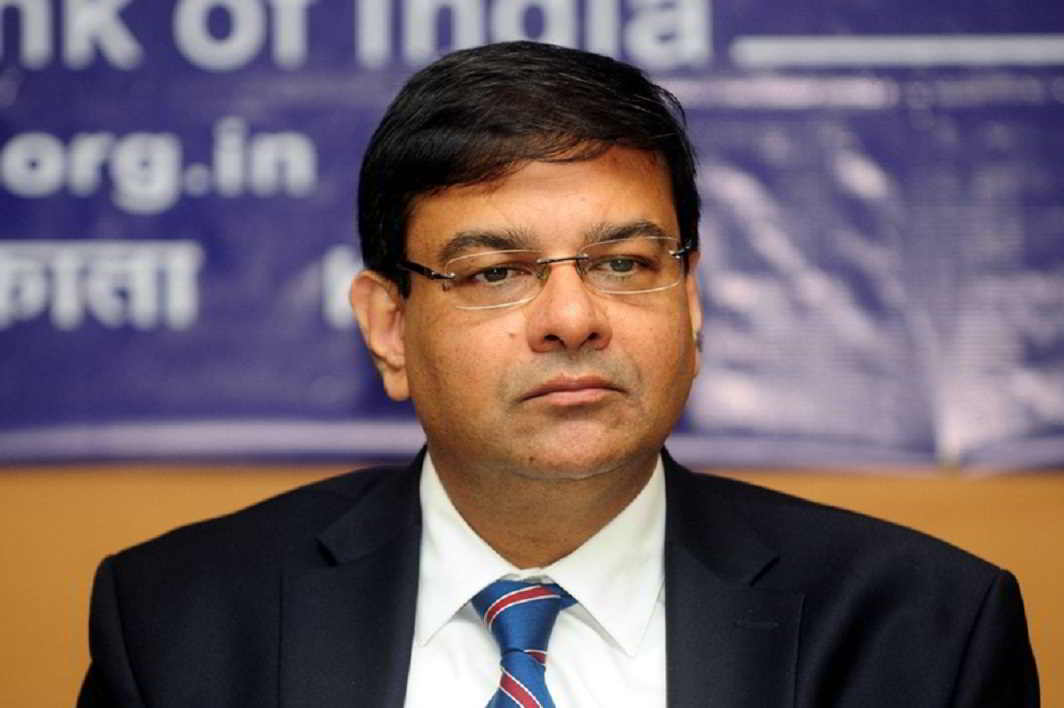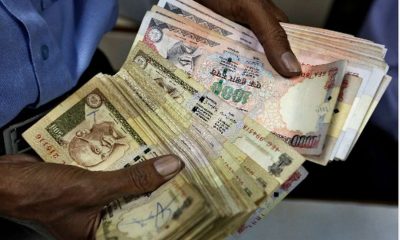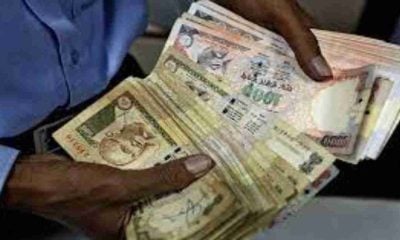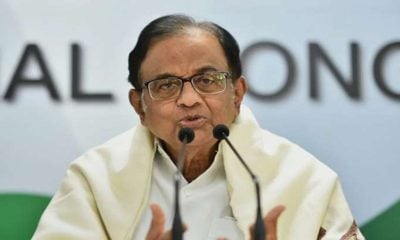[vc_row][vc_column][vc_column_text]Flawed methodology distorts CSO data about the economy
By Sindhu Bhattacharya
The Government would have us believe that demonetisation has had an almost negligible impact on India’s economic growth in the December quarter of this fiscal. Never mind that most economists have been flummoxed by the GDP data which the Central Statistics Office (CSO) released on Tuesday and whose authenticity many have subsequently questioned. Whether the CSO has been completely honest in gathering and extrapolating data is for the experts to decipher—Opposition parties like the Congress have already begun doubting the veracity of what CSO has laid on the table. But one point cannot be ignored—does the CSO use correct methodology to reflect actual ground realities of India’s economy or is the complete exclusion of our thriving informal economy in data projection the real culprit?
Two caveats: First, the numbers released on Tuesday are advance estimates and therefore an updated version will come in later where corrections will most likely be incorporated. Besides, some growth numbers for previous quarters have been revised downwards and this makes the data for Q3FY17 look rosy in comparison. Second, former Chief Statistician Pronob Sen and some other economists have pointed out that CSO doesn’t cook the numbers. Sen told The Indian Express, “The CSO has made no mistake. Its estimate is based on specific assumptions and it is not allowed to fiddle with these assumptions. For any change in methodology, it has to approach the Advisory Committee on National Accounts.”
Also read: Questioning CSO data is jumping the gun, say experts, wait for revision
Here’s what the CSO data showed: GDP growth at 7% in the December quarter versus 7.4% in the September quarter and 6.9% in the December quarter of the previous fiscal year. Growth in private final consumption accelerated to 10.1% in Q3FY17 versus 5.1% in Q2FY17; growth in manufacturing accelerated to 8.3% in the December quarter against 6.9% in the September quarter of FY17. If demonetisation severely impacted economic activity in India—a widely held perception based on anecdotal evidence—how could these numbers be correct?
But the CSO has been a butt of jokes since Tuesday for something it cannot control—its faulty methodology. Its data collection seems to ignore a very significant portion of India’s economy: the informal sector. According to the brokerage Ambit, the informal sector accounts for over 40% of India’s GDP and provides employment to over 75% of India’s labour force. In absolute terms this means that the informal economy generates GDP worth $907 billion and provides employment to 360 million of India’s total labour force of 480 million people.
“The quarterly estimates published by the CSO by definition are a result of an extrapolation exercise based on partial data… the numbers estimate growth in the informal economy using formal economy-related data,” Ambit had said in a note to clients earlier. It had further noted that the main source of CSO data for the informal sector is the NSSO, which publishes with a lag and captures data with a 2-5 year frequency!
Put simply, this means CSO methodology would anyway have shown the results it has indeed shown since it is not tracking the informal sector directly and using relatively old data. One wonders at the economists for then being surprised at the data – it should have been obvious that the pain of demonetisation, which was largely felt in the informal sector, would not get captured in its entirety by the government’s own statistical office.
Neelkanth Mishra, India equity strategist, Credit Suisse told the Indian Express in the same piece that “Almost 45 per cent of the GDP is informal. The CSO uses different proxies to estimate GDP. For instance, sales tax collections is taken as a proxy for the trade sector. Here, if states post robust sales tax growth, the trade sector growth will reflect it. The CSO doesn’t get influenced by anyone. Yes, we should discuss how quarterly GDP data can be arrived at to make it more useful.”
The question which the economists now need to ponder over is whether the formal sector wasn’t majorly impacted by demonetisation and if this is the case, why did the large companies escape India’s biggest economic disrupter since Independence?
According to Ambit’s note tracking 17 “high frequency” sectors and how they were impacted through demonetisation, 10 of these sectors showed negative growth in the December quarter versus the September quarter. The biggest drop was seen in passenger vehicle sales (29.6%) followed by two wheeler sales (18.7%). Non-oil bank credit fell 6% while retail credit was down 4.5%. Domestic tractor sales fell 7% while cement production was lower by 3%
Soumya Kanti Ghosh, the Chief Economist at the State Bank of India explained how the formal economy continued its growth despite demonetisation. SBI considered the latest quarterly results of listed entities with more than Rs 100 crore turnover; out of 946 listed entities about 720 entities were studied. Ghosh found these 720 entities had average cash sales (assuming 2% of net sales) of Rs 24.40 crore per entity, an increase from Rs 22.98 crore in Q2 FY17 per entity for 731 entities.
Also read: ‘Too early to celebrate’ India’s GDP beat: Former FM Chidambaram
Radhika Rao, an economist at Singapore’s DBS Bank, told CNBC sub-trends suggested the formal sector might have actually benefited from the banknote ban, with more transactions taking place through electronic means.
BJP MP Subramanian Swamy told CNBC though that many of the calculations for the informal sector were based on “guesswork,” “benchmarks” and “ratios” as opposed to raw data. “Therefore, I won’t place too much emphasis on it. The real issues are the slowdown in small-and-medium industries because of the cash crunch,” Swamy said.
The bottomline is, in the absence of data capturing of the small and medium enterprises and the huge parallel economy which thrives in India, CSO’s quarterly exercise lacks meaning. And the data it puts out needs to be checked and cross checked before being accepted. No Prime Minister, this is not a case of Harvard versus hard work, it is more a case of closing one’s eyes to reality. Unless the informal sector gets its fair share in official data capturing, discrepancies will remain.[/vc_column_text][/vc_column][/vc_row]


 India News23 hours ago
India News23 hours ago
 India News8 hours ago
India News8 hours ago
 India News8 hours ago
India News8 hours ago
 Latest world news8 hours ago
Latest world news8 hours ago
 India News2 hours ago
India News2 hours ago
 Cricket news2 hours ago
Cricket news2 hours ago
 Latest world news2 hours ago
Latest world news2 hours ago















